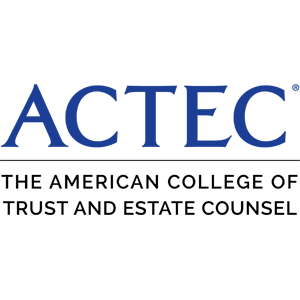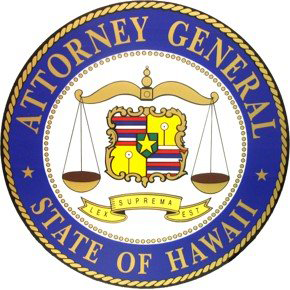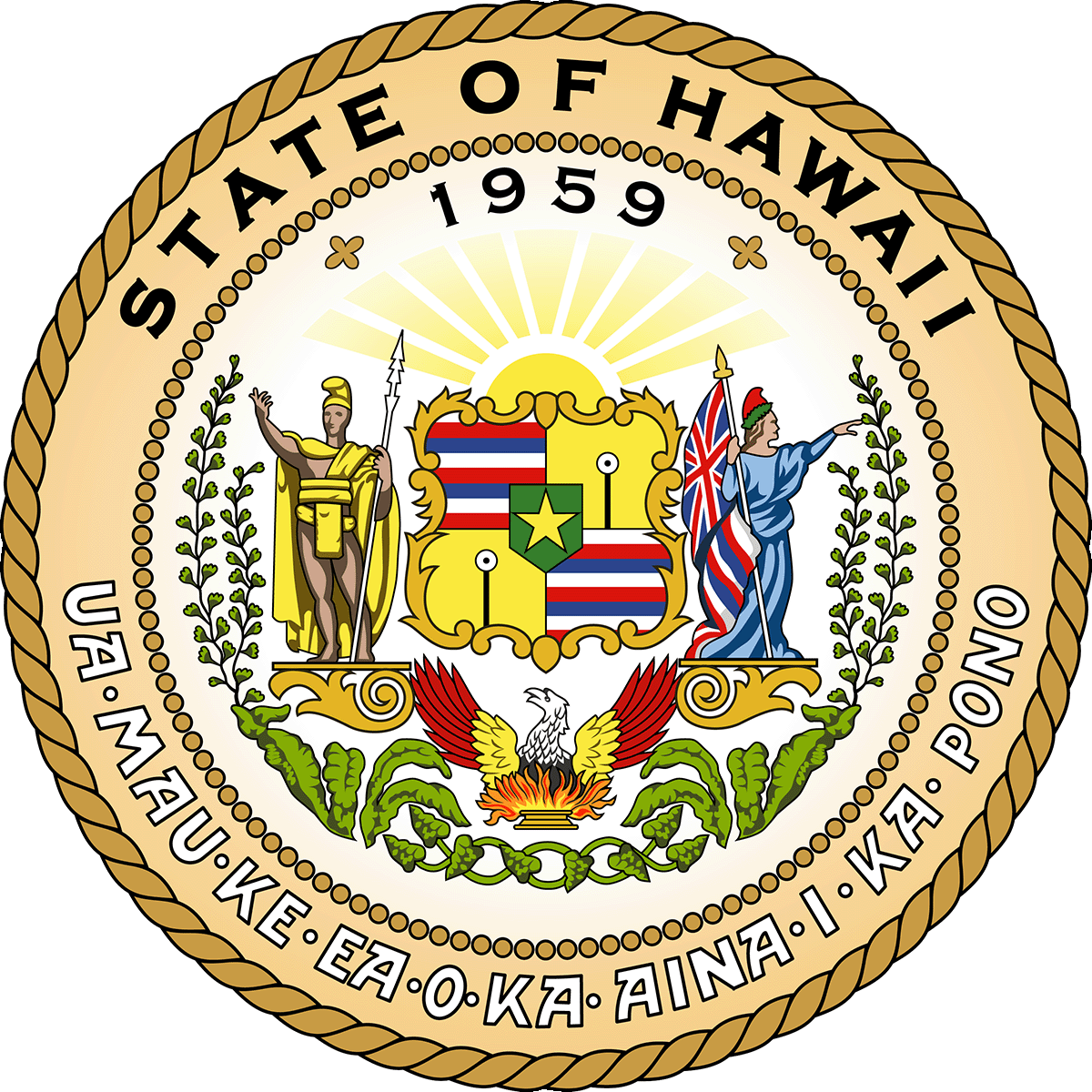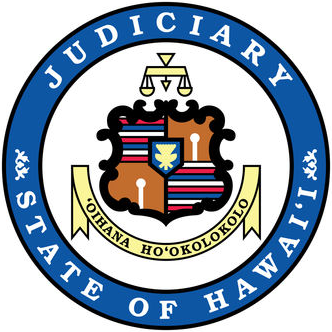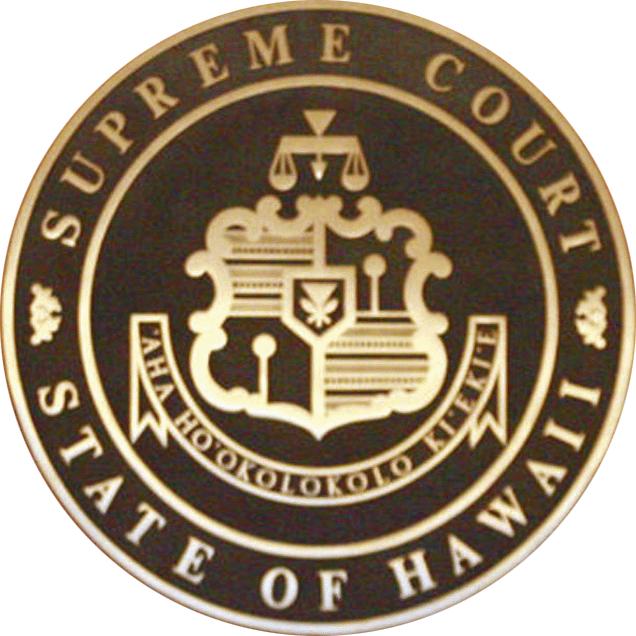Supreme Court of the State of Hawaii - The Supreme Court of the State of Hawaii serves as the highest judicial authority in the state, responsible for interpreting and upholding the law. Its primary role involves reviewing appeals from lower courts to ensure the correct application of state laws and the constitution. The court's duties encompass hearing a diverse range of cases, including civil, criminal, and constitutional matters, and establishing legal precedents that guide lower courts and legal practitioners throughout Hawaii. Additionally, the Hawaii Supreme Court oversees the regulation of attorneys, handling attorney admissions, setting ethical standards, and disciplining lawyers to maintain professionalism and ethical conduct within the legal profession statewide.


